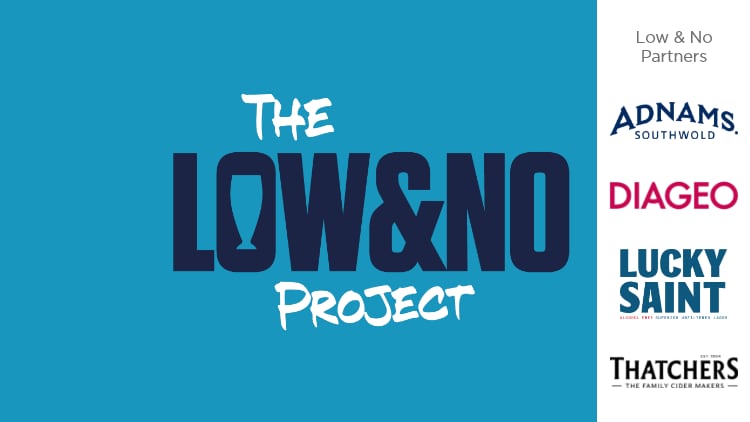A new study from leading UK charity Hospitality Action has found that almost half of respondents said they have a poor work/life balance, and of those, two in three (62%) junior hospitality employees said burnout was just part of the job.
The charity’s annual Taking the Temperature mental health and wellbeing survey, conducted in June 2025, also uncovered that among those citing a poor work/life balance and experiencing burnout as a daily reality, three in five (61%) reported experiencing a mental health issue in the past year, further highlighting the serious toll on individual wellbeing.
When asked to identify the top three workplace challenges affecting wellbeing in the workplace, under-resourcing and understaffing emerged as the primary issue. This was cited by 57% of respondents and showed a staggering increase compared to the 21% that reported this in 2024.
High expectations and excessive workloads followed at 52% (up from 43%), whilst work/life balance concerns were raised by 50% (up from 45%).
Mental health awareness progress
The study said while it was widely recognised that the hospitality industry has made notable progress in recent years around mental health awareness, training and employee support, the rate at which the mental health crisis is escalating continues to outstrip the speed of the response.
Although two-thirds (66%) agrees that their workplace had created a working environment where mental health can be openly discussed, there remained a concerning ‘lost third’ for whom there is no clear support, and 63% remain concerned that vocalising a mental health challenge could negatively impact their progression.
Three-quarters of respondents (78%) said they now felt more comfortable compared to five years ago to discuss a mental health concern - a 21% rise compared to five years ago.
The study said this shift was further reinforced by nearly nine in ten (89%) managers prioritising listening as their first step in supporting team members, with three quarters (75%) recognising the value of being able to signpost staff to an Employee Assistance Programme (EAP) for help and support, up from 67% last year.
Staff struggling
However, with so much resting on management, 55% of respondents called for more management training to help leaders better support their teams and identify mental health concerns early.
Crucially, the survey also revealed another challenge that those at the top are struggling too with the long hours, staffing shortages and ongoing cost-cutting pressures
Hospitality Action chief executive Mark Lewis said: “In many respects, these findings tell a tale of two halves. On the one hand, we must applaud the industry for its concerted efforts and investment to support the mental health and wellbeing of our colleagues. But there’s still work to be done, as proven by the record number of calls to our helpline this year, with the vast majority citing mental health issues.
“It’s clear that there remains a significant gap between policy and practice, with a disconnect between what employers believe they are delivering, and what employees actually experience. Whatever good is being done, the negative factors continue to outweigh.
“With 69,000 jobs lost since the national insurance hikes in April the pressure on those remaining is already evident, and safeguarding the wellbeing of our remaining workforce has never been more vital.”




